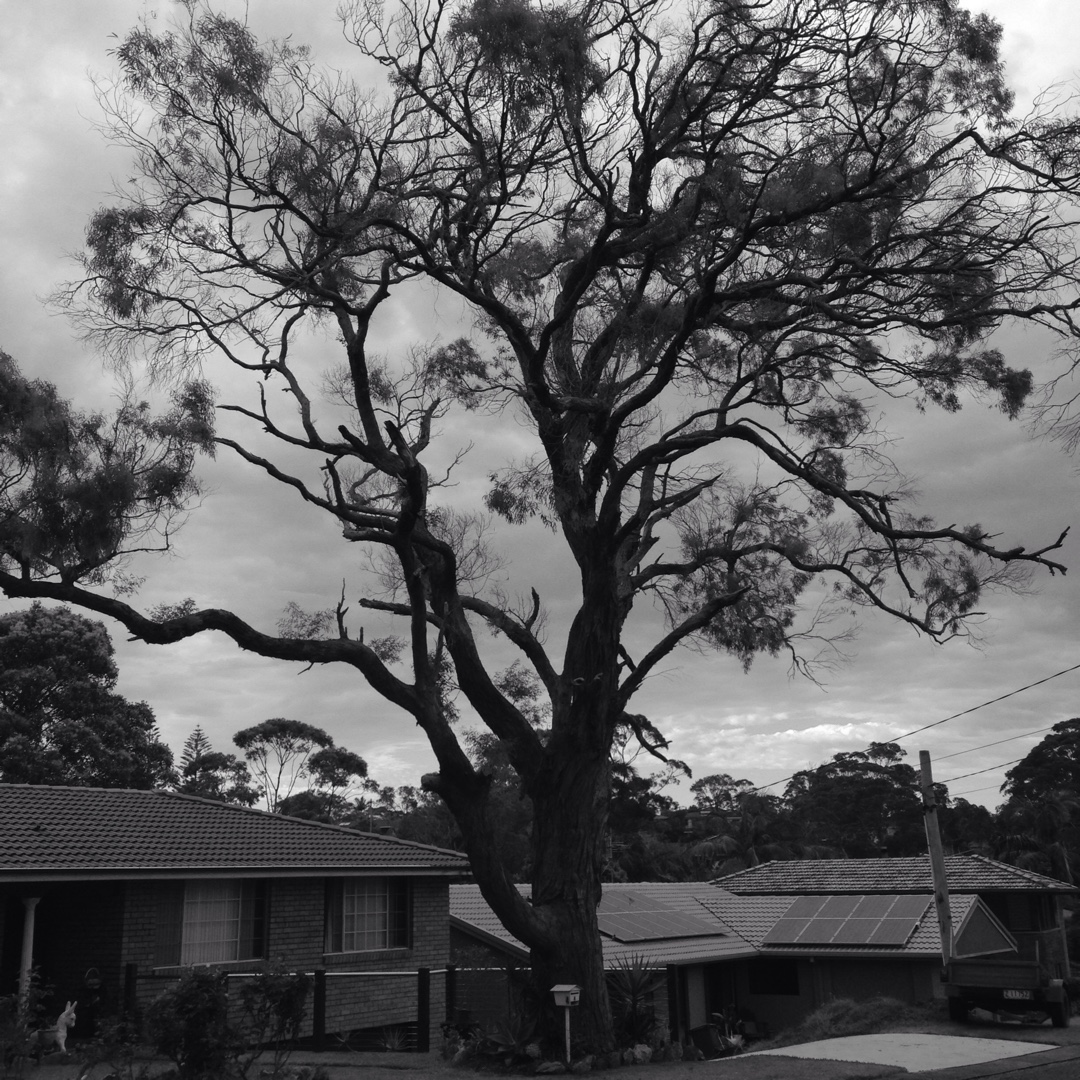
Eucalyptus nicholii
Narrow-leaved black peppermint
Unmistakable in appearance, the Eucalyptus is commonly thought of as a tree with grey-green leaves, an open head, and often bark which, on trees of 5+ years, is shredded annually. However some species are in fact shrubs. Juvenile plants produce round or oval leaves, much used in flower arrangements. Older plants produce lance shaped leaves. Most species are tender however some can tolerate light frost and others, temperatures as low as -20C. All are thirsty plants, fast-growing, and aromatic.
Contributed by @rosegardengirl
-
Full sun
-
Frequent watering
-
Frost Hardy: 23F (-5°C)
-
Moist and free draining
Common name
Narrow-leaved black peppermint
Latin name
Eucalyptus nicholii
type
Evergreen Trees or Shrubs
family
Myrtaceae
ph
5.0 - 7.0 Acid - Neutral
Plant & bloom calendar
-
Best time to plant
full grown dimensions
 8.00 M
20.00 M
8.00 M
20.00 M
Eucalyptus nicholii
Unmistakable in appearance, the Eucalyptus is commonly thought of as a tree with grey-green leaves, an open head, and often bark which, on trees of 5+ years, is shredded annually. However some species are in fact shrubs. Juvenile plants produce round or oval leaves, much used in flower arrangements. Older plants produce lance shaped leaves. Most species are tender however some can tolerate light frost and others, temperatures as low as -20C. All are thirsty plants, fast-growing, and aromatic.
Planting
From Early Spring TO Early Spring
It is unwise to plant eucalyptus too close to buildings, walls, underground drains etc. Full sun is essential and moist but well drained soil is preferred. Where possible, plant young plants in a site protected from cold winds. A deep mulch around the base of the plant helps prevent the soil from freezing. Don't incorporate manure in the planting hole as this will encourage excessive leaf growth.
Propagation
From Early Spring TO Early Spring
Eucalyptus cuttings do not strike thus they should be propagated from seed. Sow seeds in containers in early spring and plant out the seedlings in mid-summer with as little root disturbance as possible.









